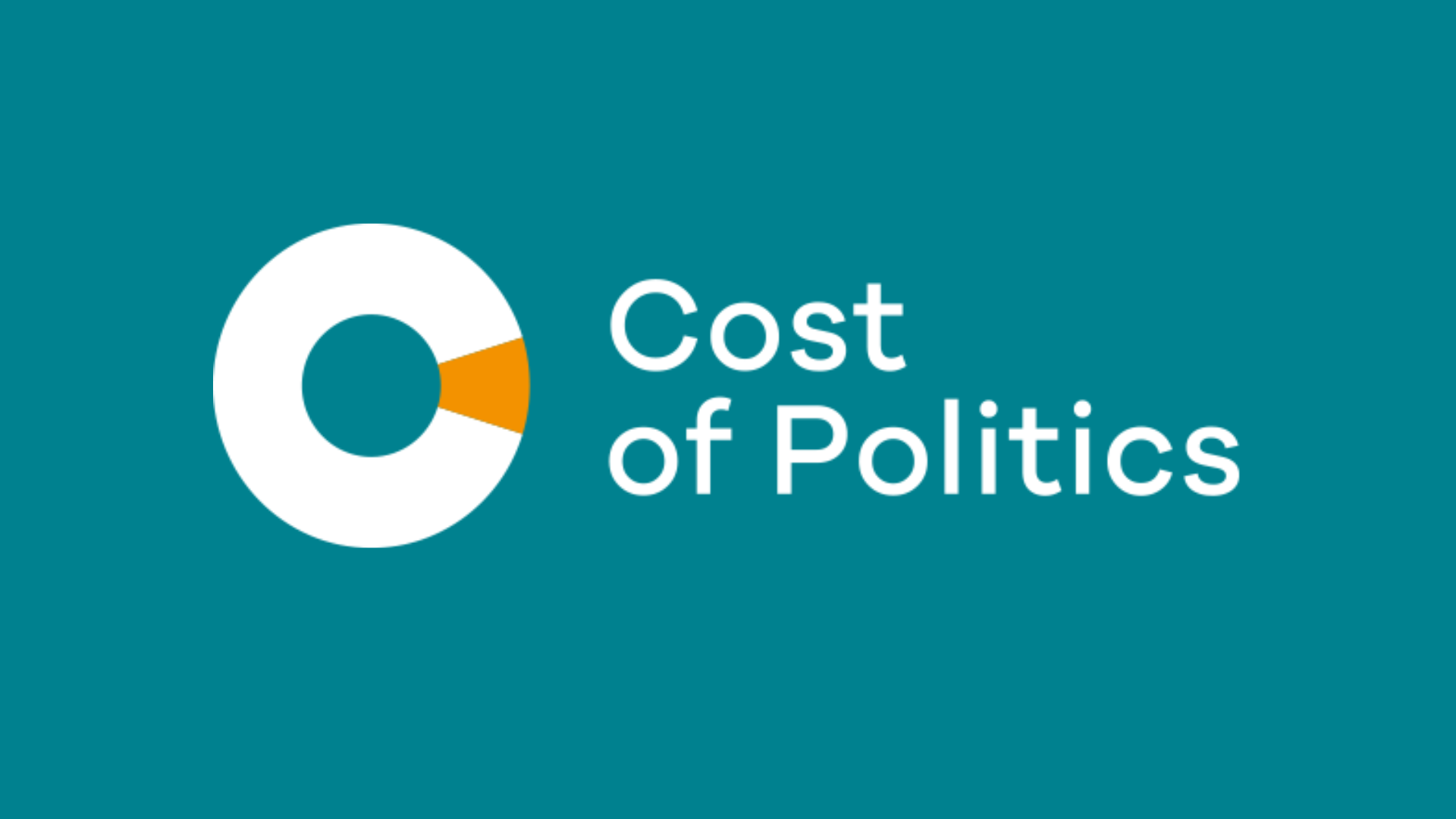The Democracy Action Partnership (DAP) 2024 focuses on WFD’s extensive research on the Cost of Politics - the costs of running for and maintaining political office.
Introduction
An inclusive electoral process is key to any democracy, and only inclusive democracies can solve the most pressing issues of our time. The costs of becoming a candidate, running, and being an elected official can prohibit people who are structurally disadvantaged and therefore women and young people are underrepresented.
The Democracy Action Partnership (DAP) is an annual event held in the Asia-Pacific region and will be held in Jakarta this year on 9-10 December 2024. The event is attended by around 80 participants from diverse sectors including government, parliament, civil society, political parties, election management bodies, media, and academia, primarily from the Asia-Pacific region.
The DAP will assess the factors influencing the cost of politics and explore how stakeholders can work towards a future in which political representation is more inclusive.
Listen to Jamie Hitchen, WFD Associate, explaining cost of politics in 60 seconds
The event aims to

Strengthen international collaboration on locally identified democratic governance issues

Build support in the Asia-Pacific region for specific actions that deepen democratic resilience

Contribute to responsive democracy support programming

Feed into the ongoing international democracy summit process and its agenda
Approach
The event will provide a platform for participants to generate tangible actions on three sub-theme dialogues:
-
The electoral system influences the cost of politics: How can it be designed and implemented to allow for more inclusive representation?
-
Political parties are key actors in shaping the cost of running for office: How can their structures and practices be modified to improve representation?
-
The dynamic between citizens and political actors (i.e. candidates and parties) impacts the cost of politics and therefore representation: What opportunities are there to reshape society’s democratic fabric for better representation?




